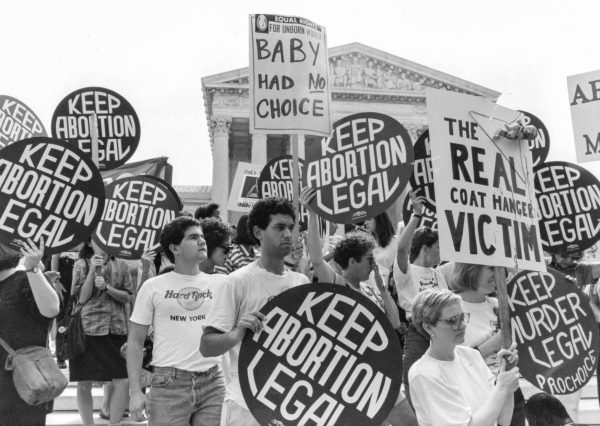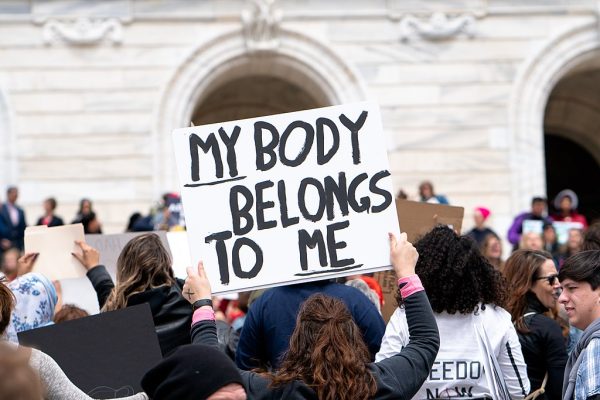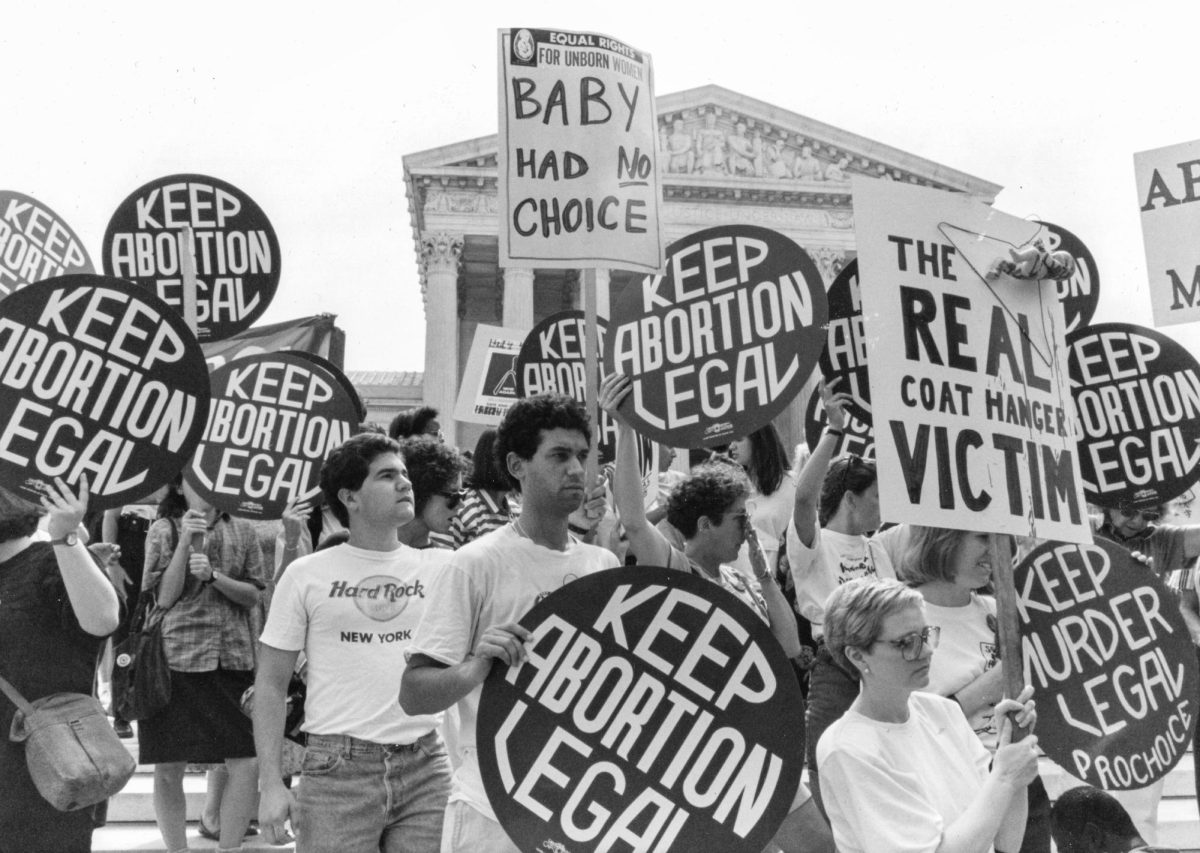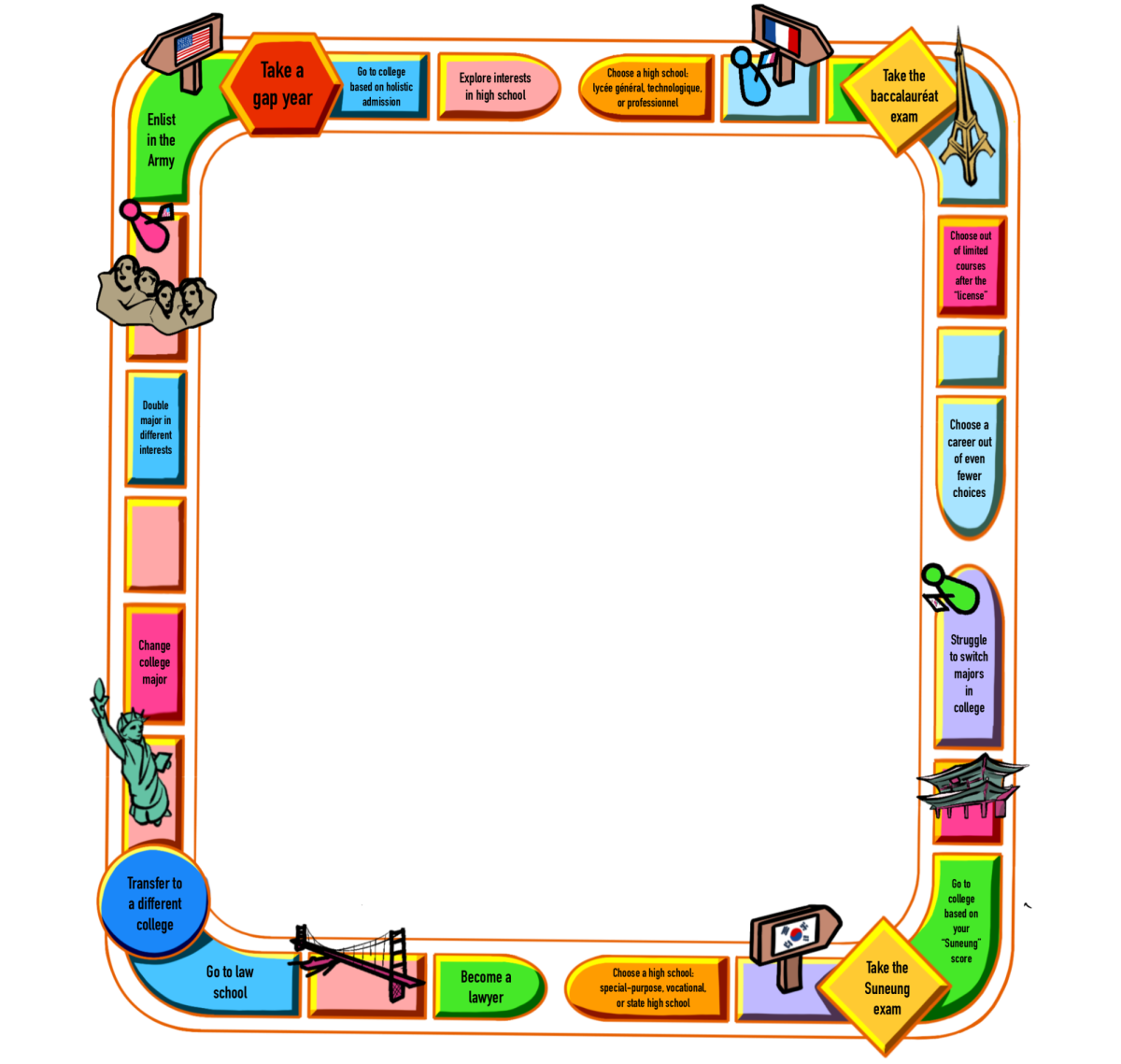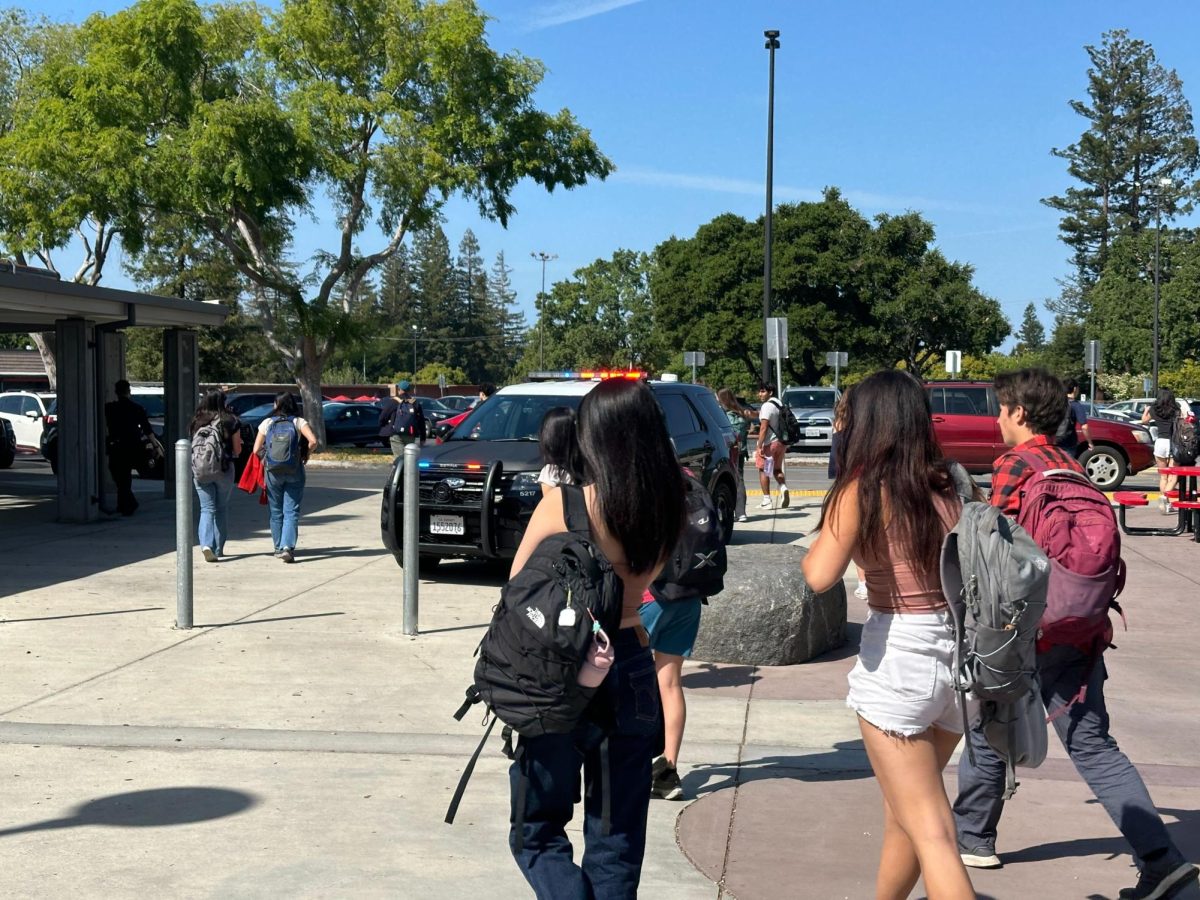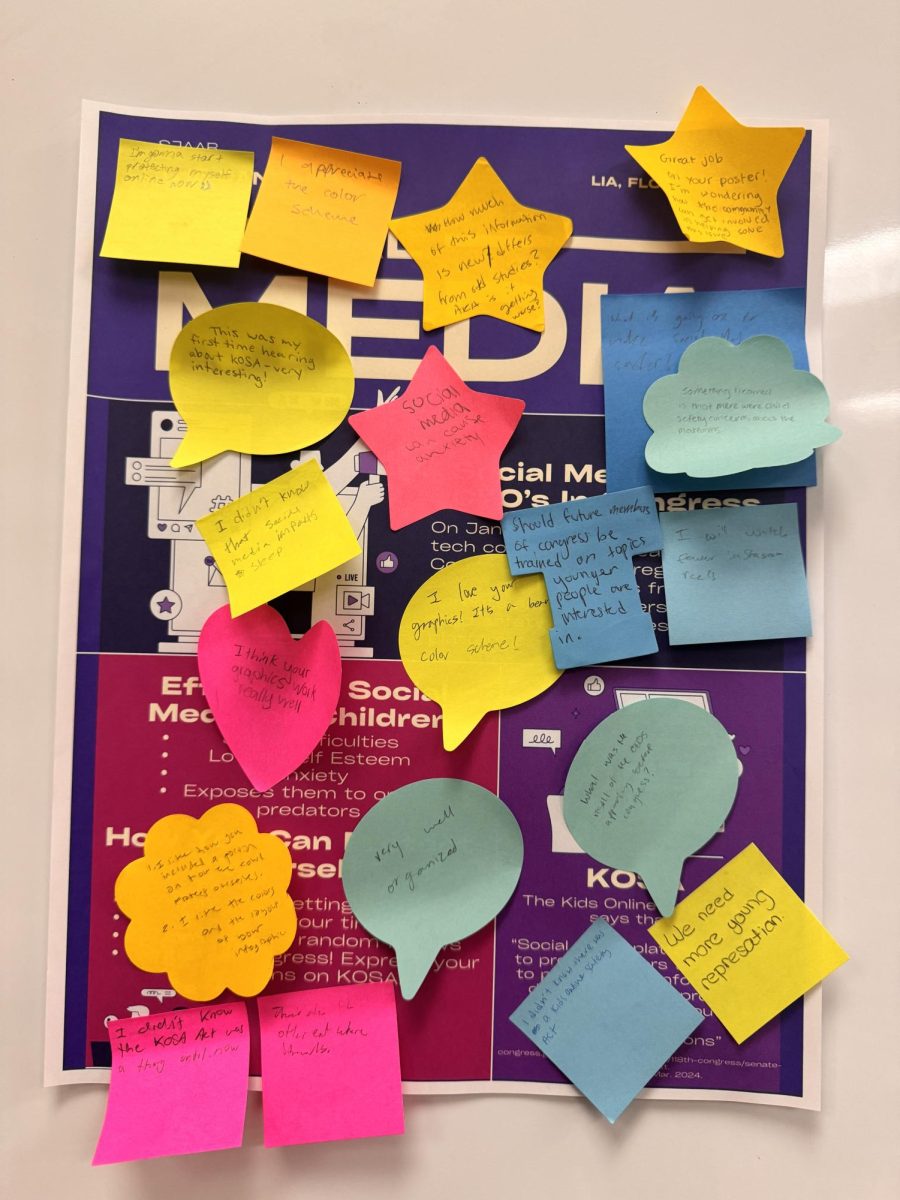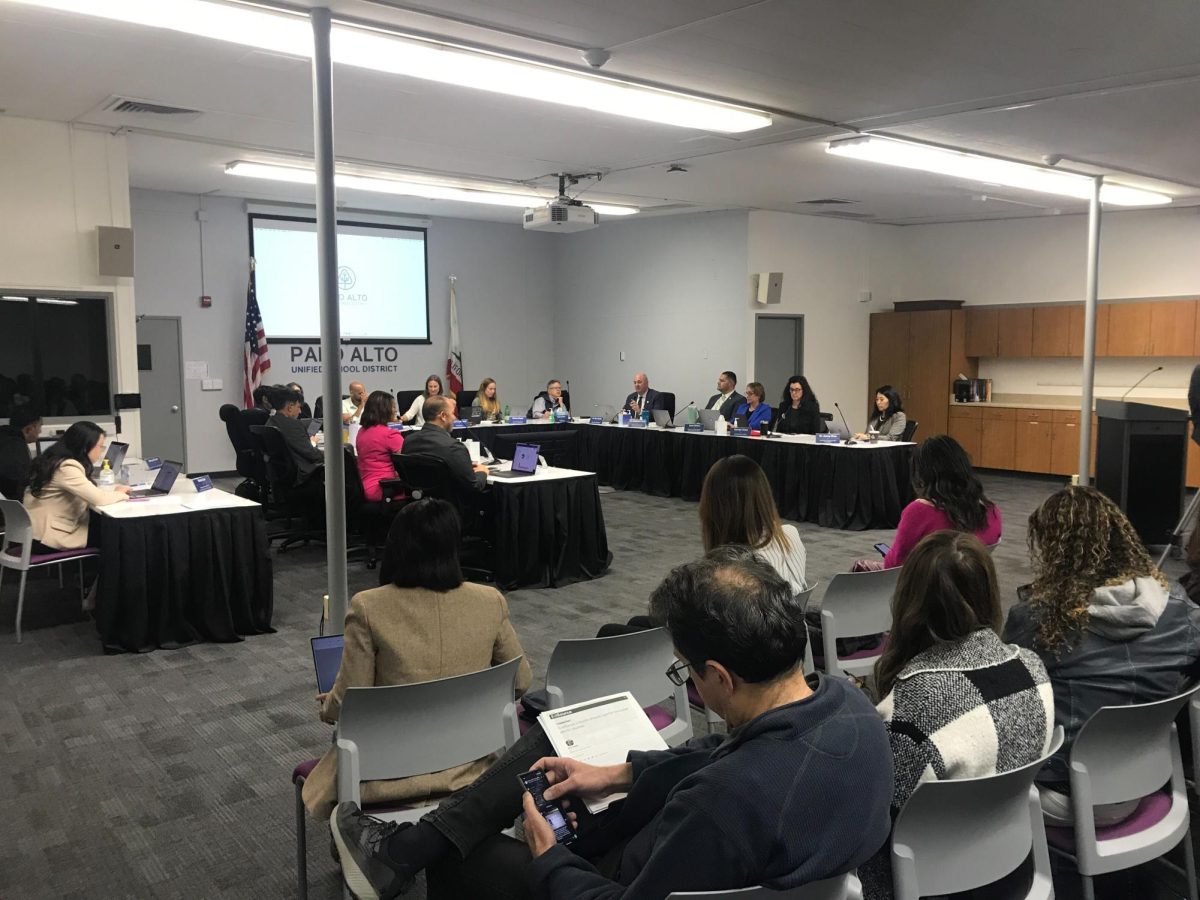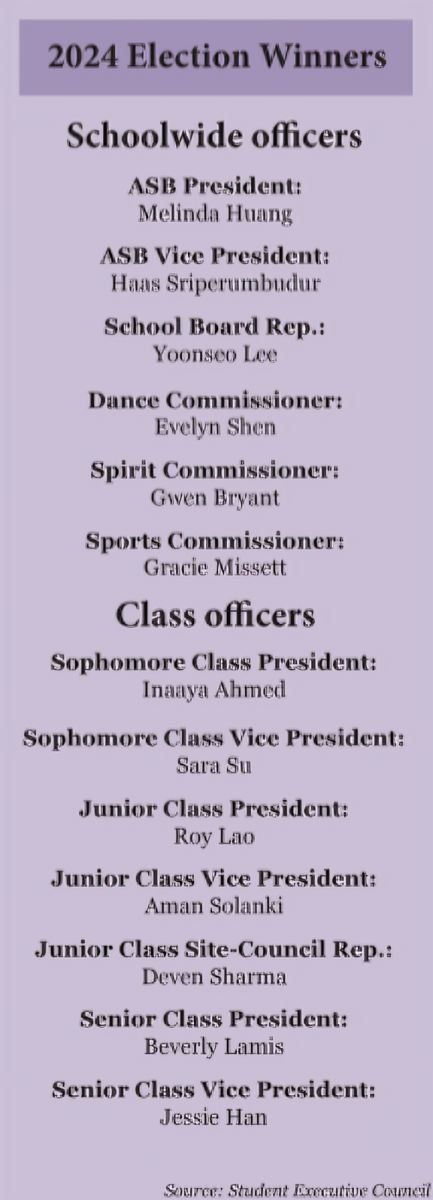In the wake of the Supreme Court’s 2022 overturn of Roe v. Wade, abortion has emerged as a highly contentious topic in the upcoming 2024 presidential election. The issue transcends mere political discourse, digging into deeply ingrained social, religious and ethical beliefs. For some, the abortion debate is about personal freedom and women’s rights; for others, it’s about the sanctity of life.
The abortion debate in the United States reached a turning point in the landmark 1973 U.S. Supreme Court case Roe v. Wade, which established the constitutional right to an abortion. Since the court’s 2022 decision in Dobbs v. Jackson Women’s Health Organization overturned this precedent, abortion is no longer considered a federal right, but rather a matter for each state to decide. This shift has resulted in stark contrasts between the abortion laws of states that protect access to abortion and those that have banned or restricted it. These laws, both protective or restrictive, have had tangible, immediate consequences on women’s autonomy, spurring women who may have been dispassionate before to become more politically engaged.
In this charged context, candidates are calibrating political strategies. Democrats are leveraging the issue to consolidate support among pro-choice voters by framing Republicans as staunchly anti-choice. President Joe Biden’s $25 million ad campaign “These Guys,” launched on Aug. 25, asserts that reproductive health care decisions are personal and rebukes leading Republican presidential candidates Donald Trump and Ron DeSantis for their stances on abortion.
On the flip side, Republican presidential candidates’ approaches are more divided. To appeal to religious and conservative voters, several Republican candidates are adopting uncompromising pro-life positions on abortion. Republican presidential candidate Tim Scott, for example, has espoused a national ban. “Republicans should not be retreating on life,” he wrote in a July 31 post on X, formerly known as Twitter. “We need a national 15-week limit to stop blue states from pushing abortion on demand.” This stance contradicts the data from most polls, including a July 2023 Reuters/Ipsos poll, which show a majority of U.S. voters oppose presidential candidates who favor strict abortion restrictions.
On the other hand, some Republican candidates, including Trump, are steering clear of providing definite responses. In an NBC interview from September, Trump evaded questions about whether he would support a federal ban, saying he prefers that the issue be left to state legislatures.
The varying strategies in the party suggest that Republicans are attempting to walk a fine line between appealing to their core supporters and mollifying the general electorate. This balancing act becomes more complicated when considering the influence of female candidates and voters.
A Sept. 7 CNN poll showed Republican candidate Nikki Haley leading President Joe Biden by six points, establishing her as the only possible GOP contender with a clear lead over President Joe Biden in a hypothetical general election match-up. Haley signed a 20-week ban in South Carolina as governor but believes a nationwide 15-week ban is not feasible. “No Republican president can ban abortions any more than a Democrat president can ban all those state laws,” she said during the first presidential debate. “Don’t make women feel like they have to decide on this issue when you know we don’t have 60 Senate votes in the House.” Her call for a national consensus on abortion includes banning late-term abortions and making contraception widely available. As the only female Republican candidate, Haley’s nuanced stance on abortion sets her apart from her male opponents and could resonate with a broader demographic, including more centrist women and young voters.
How women vote may change the outcome of the 2024 election: Women voters swinging from Trump helped deliver the White House to Biden in 2020, and midterm exit polls showed that a bump in young voters — especially women — helped Democrats keep the Senate in 2022. Today, the Democratic Party has an edge over the Republican Party in terms of young, female voters: According to a poll from the Kaiser Family Foundation, 36% of independent young female voters say Democrats best represent their abortion views compared to 13% who say Republicans best represent their views.
Furthermore, an uptick in female voter registration, indicated by a New York Times article from September 2022, suggests that women will be increasingly pivotal players in the 2024 elections. Since the June 24 Dobbs decision, 64% of new registrants in Kansas, a historically Republican-voting state, have been women. In the six months before Dobbs, women outnumbered men nationally by a three-percentage-point margin among new voter registrations. After Dobbs, that gender gap skyrocketed to 40 points.
For Democrats, focusing on female voters, particularly those who are pro-choice, could solidify a base that is already leaning their way, making them an indispensable ally for a successful campaign. Republicans, too, have a compelling reason to prioritize women, particularly those who are pro-life.
Abortion rights are an issue that crosses the boundary between policy and personal values, making it one of the most hotly debated topics of the year. Women’s reproductive health rights have been a hard-fought battle for decades, and a changing abortion-rights landscape has galvanized many women to become politically engaged. And this debate will not only take place in the presidential election — it will be held in the hallways at Gunn, in classrooms and in clubs. Gunn students, who are navigating this divisive issue amid an already polarized climate, can hopefully look to nuanced positions for a different lens through which to view the ongoing debate on abortion rights as they approach voting age. The upcoming election isn’t merely a spar between candidates but a pivotal moment that will shape the world in which students live, vote and make choices about their own bodies.
